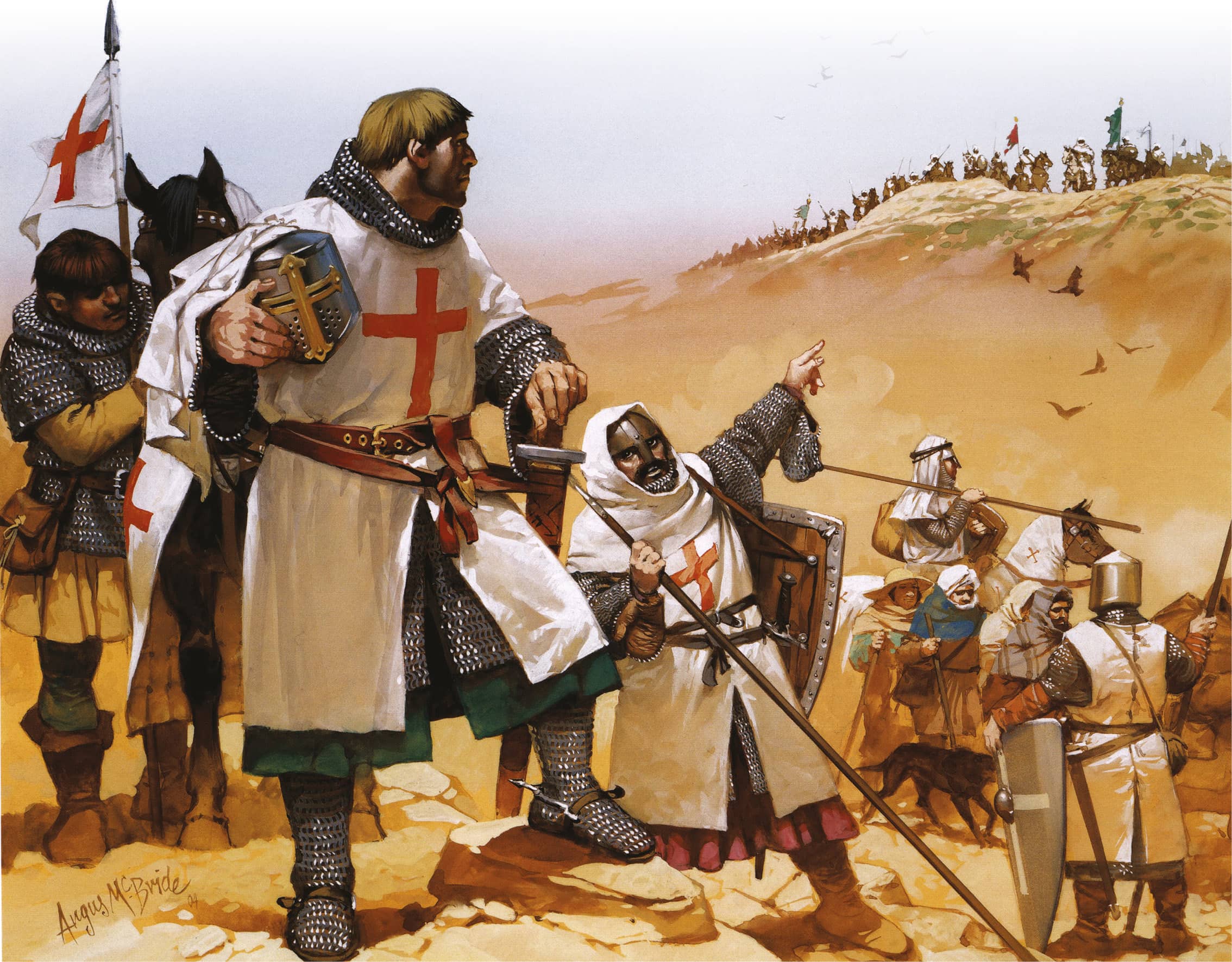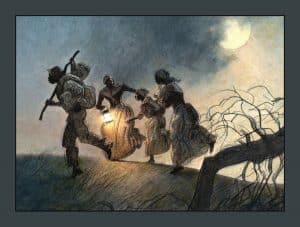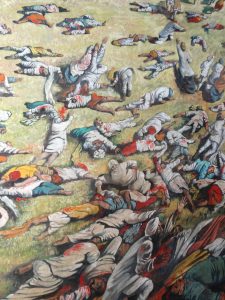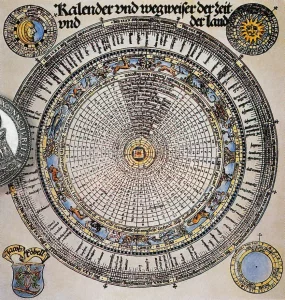The Crusades were a series of military campaigns fought between Christian and Muslim powers in the 11th, 12th, and 13th centuries. The primary supposed goal of the Crusades was to recapture the Holy Land (Palestine, including present-day Israel, Palestine, and Jordan) from Muslim control and defend Christian pilgrims who traveled to the region. The Crusades were instigated by the Pope, the leader of the Catholic Church, and were seen as a holy war or “jihad” by both sides. However, the Crusades were not motivated solely by religious fervor. There was more to the story.
The first Crusade began in 1096, when a large army of knights and other soldiers from Europe set out for the Holy Land. The Crusade was successful in capturing Jerusalem and establishing the Kingdom of Jerusalem. However, the Crusades also had significant negative consequences, including the slaughter of many civilians, the destruction of cultural and religious sites, and the seeds of conflict between Christians and Muslims that would continue for centuries.
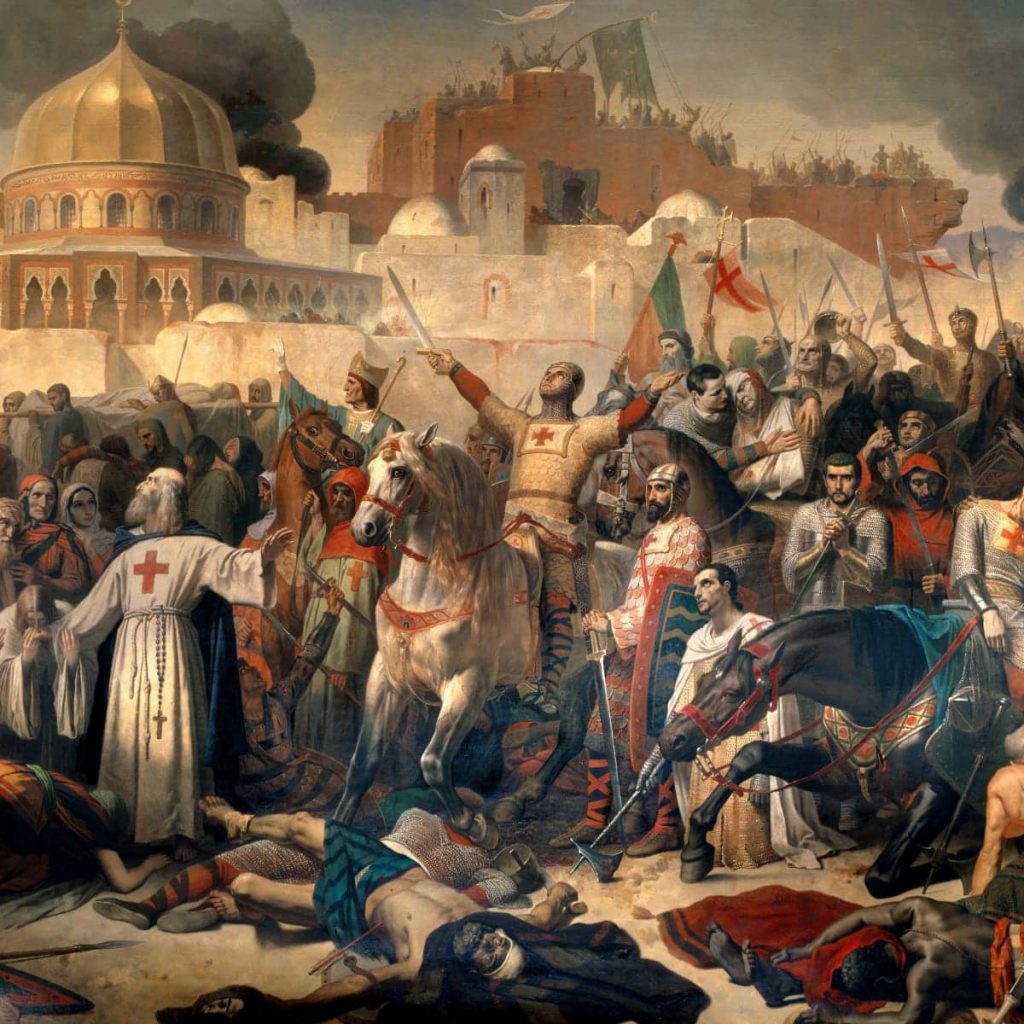
From a religious perspective, the Crusades were seen as a way for Christians to reclaim the Holy Land, which they believed had been unjustly taken from them by Muslim armies. Many Christians at the time saw the Crusades as a holy war, or a “just war,” in which they were fighting for their faith and to protect the holy sites of Christianity. Pope Urban II, who called for the First Crusade in 1095, argued that it was the duty of Christians to take back the Holy Land and defend their faith against the perceived threat of Islam.
Releted: The Dark History of British Oppression: A Struggle for Freedom and Justice
For many European monarchs and nobles, the Crusades presented an opportunity to extend their power and influence. Participating in a Crusade could lead to the acquisition of new lands and the expansion of territory. The Crusades also served as a way for European rulers to assert their authority over their own subjects by directing their military efforts toward a common goal.
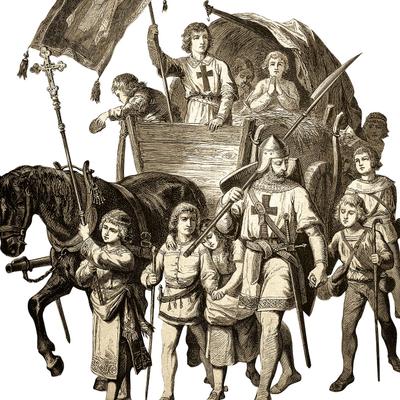
European rulers saw the Crusades as a way to assert their power and gain control over valuable trade routes in the Middle East. Some leaders saw them as an opportunity to assert their dominance over other rulers, while others sought to expand their territories or gain access to valuable resources such as trade routes. The Middle East was a region of great strategic importance, as it was home to a number of major trade routes, including the Silk Road, which connected Europe to Asia. By gaining control of these trade routes, European powers could increase their wealth and influence.
The Crusades also served as a way for European rulers to unite their subjects and distract them from internal conflicts. Many European rulers saw the Crusades as an opportunity to rally their subjects around a common cause and distract them from domestic issues. This was particularly important at a time when many European states were facing internal conflict and instability.
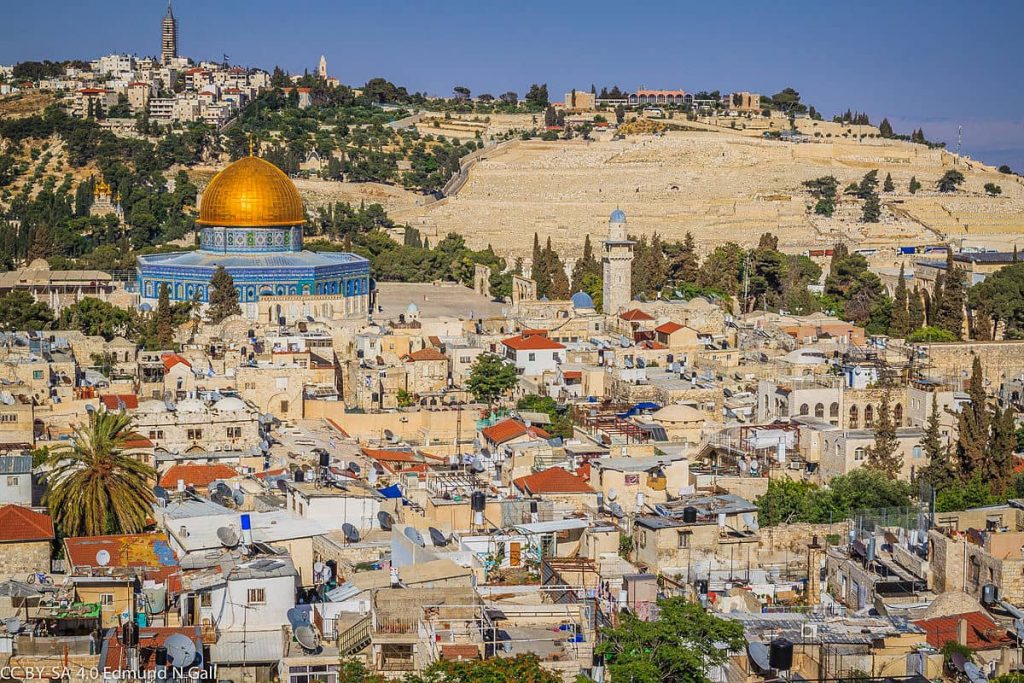
King Baldwin I of Jerusalem, who was one of the leaders of the First Crusade, took advantage of the opportunity to establish the Kingdom of Jerusalem and become its first king. He also enjoyed the wealth and power that came with his new position.
King Louis VII of France, who participated in the Second Crusade, sought to expand French territory in the Holy Land and establish himself as a powerful ruler.
King Richard the Lionheart of England, who participated in the Third Crusade, enjoyed the fame and reputation that came with his military successes and is perhaps the most well-known English monarch associated with the Crusades.
King Philip II of France, who also participated in the Third Crusade, sought to assert French influence in the Holy Land and strengthen his own power.
Emperor Alexius I Comnenus of the Byzantine Empire, who appealed to the West for help in defending his empire against Muslim attacks, took advantage of the support of the First Crusade to strengthen his own rule and expand his territory.
However, the Crusades were not just driven by the ambitions of individual leaders. They were also motivated by religious and political factors, such as the desire to protect and spread Christianity.
You May Like: 7 Shocking Misconceptions About the Holocaust: The Truth
The Crusades were driven by a complex mix of religious, political, and economic interests, and it is difficult to say which of these factors was the most significant. The Crusades had a lasting impact on both Europe and the Middle East, and continue to be a source of tension and misunderstanding between Christians and Muslims today.
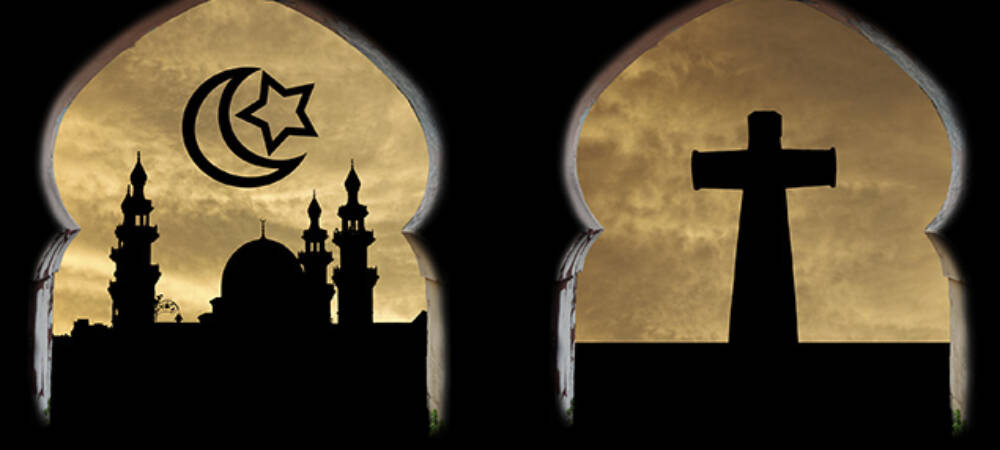
Some view the Crusades as a series of aggressive and imperialistic campaigns by European powers against the Muslim world, while others see them as a justified defense of Christian lands and values. The legacy of the Crusades remains a controversial and complex topic, and there is a debate about their historical significance and impact on contemporary relations between the West and the Middle East.

